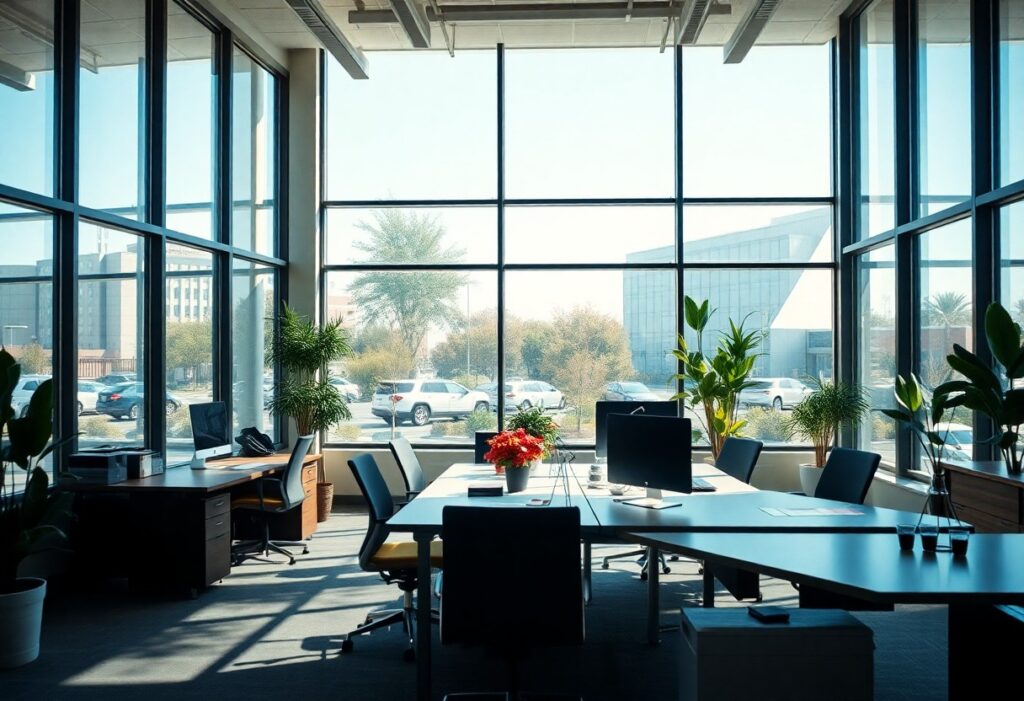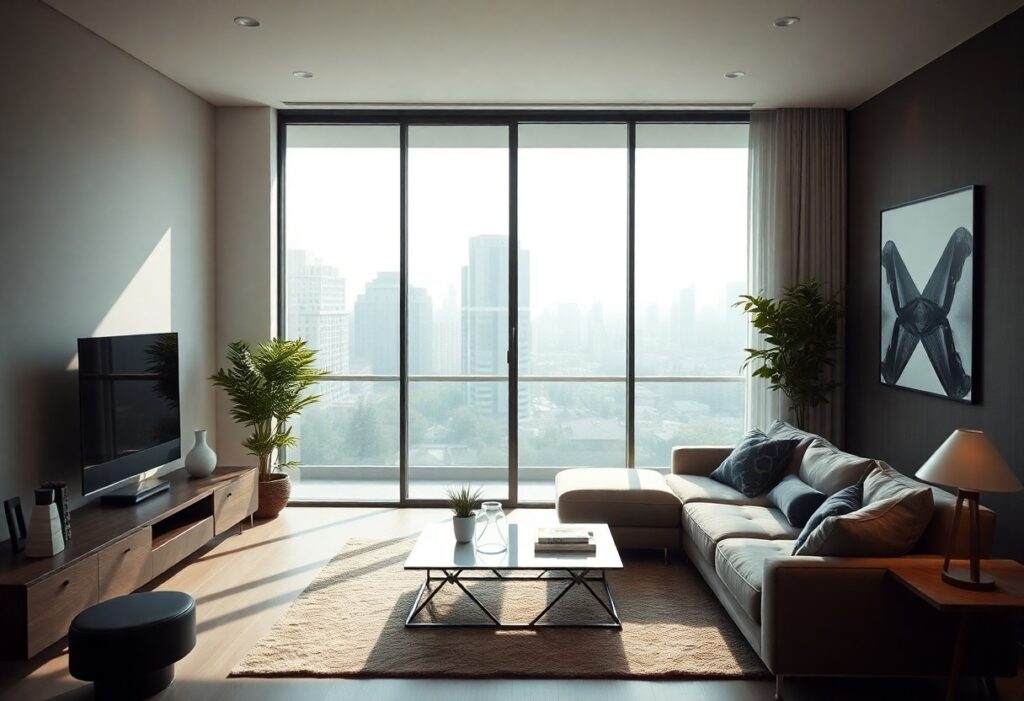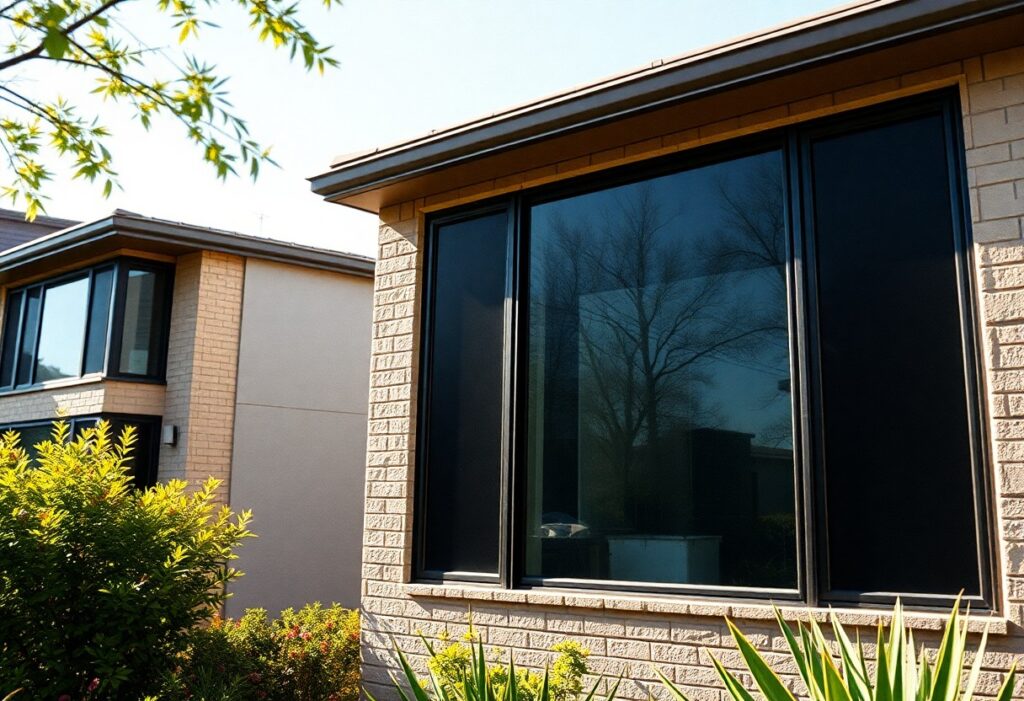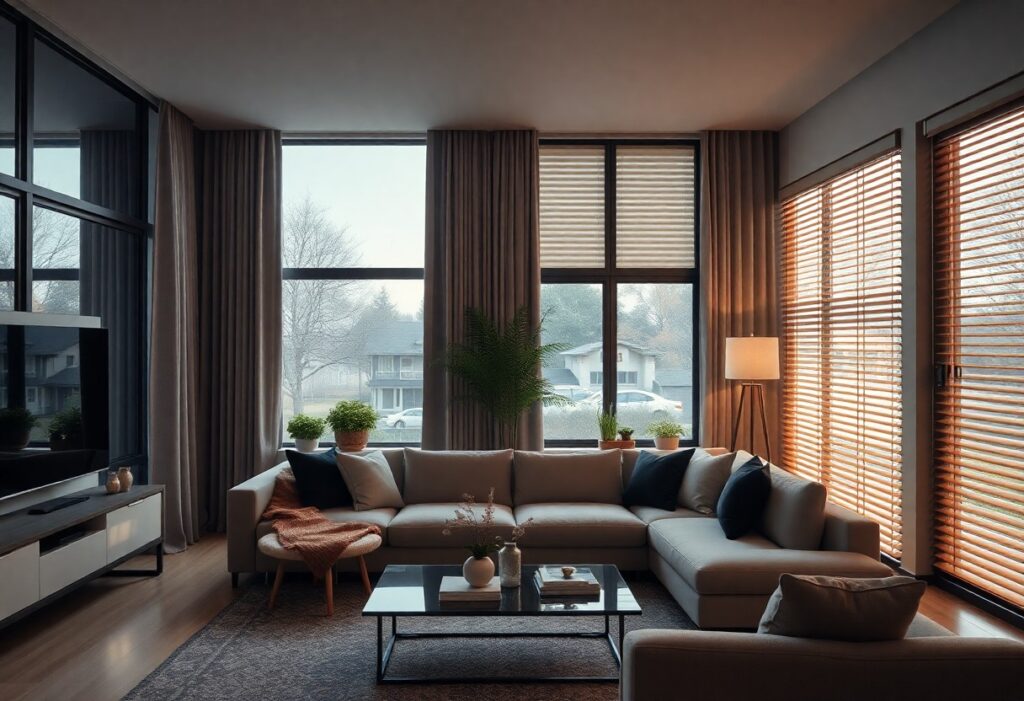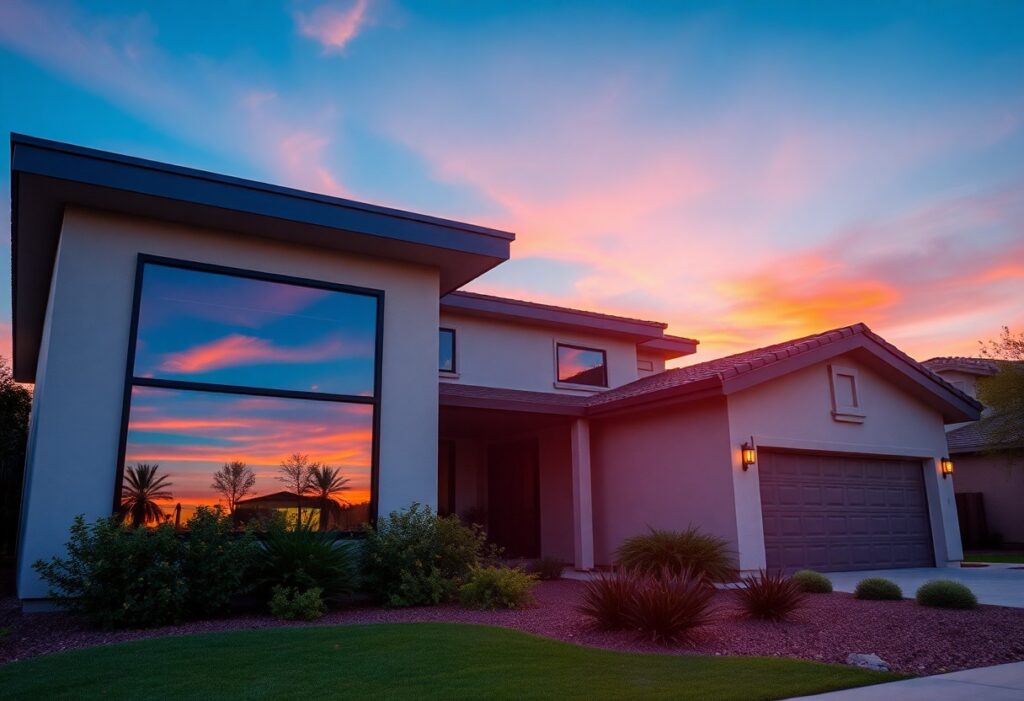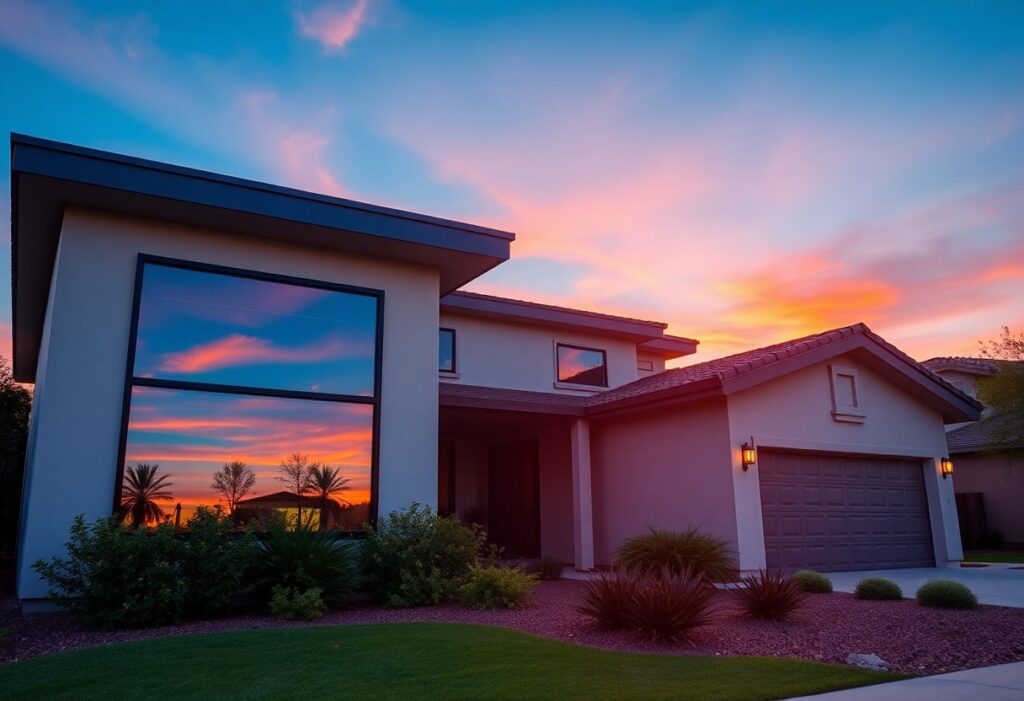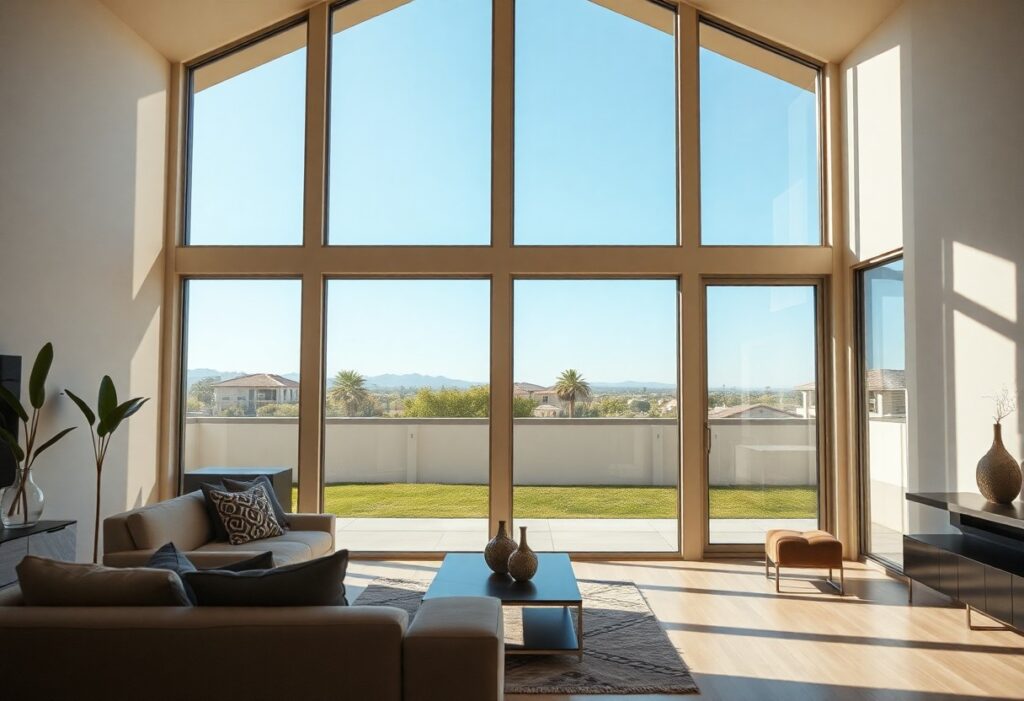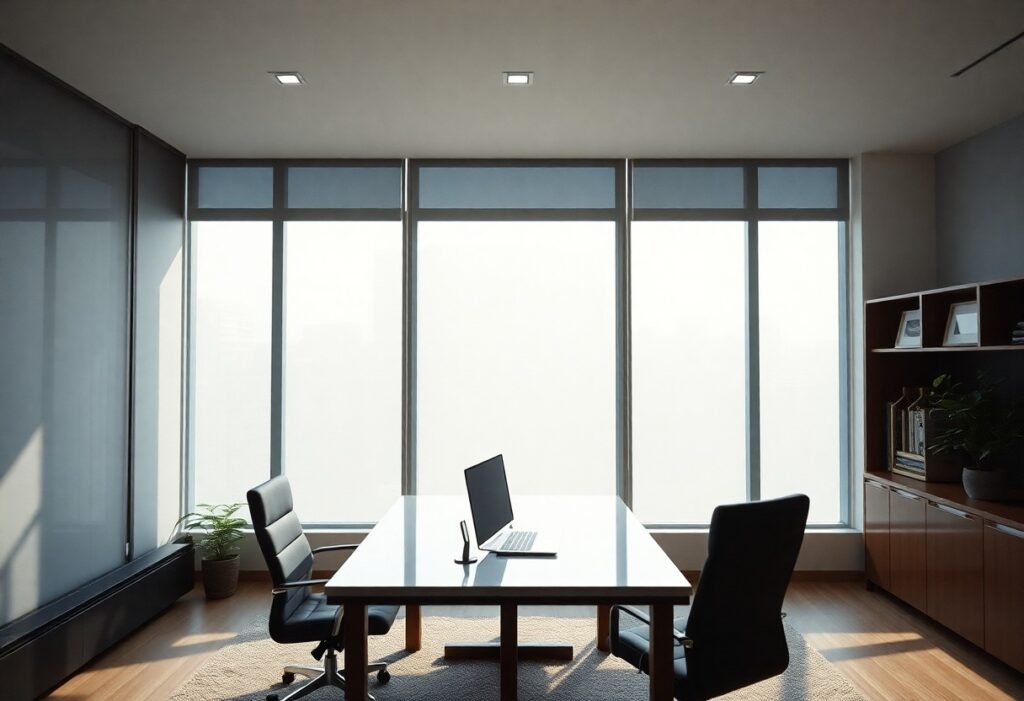Transform Your Workspace – The Impact Of Commercial Window Tinting In Sacaton On Productivity
There’s a significant connection between your workspace environment and your productivity levels. If you’re looking to enhance your working conditions, commercial window tinting in Sacaton offers a practical solution. By reducing glare, blocking harmful UV rays, and regulating temperature, window tinting can create a more comfortable and focused atmosphere for you and your team. This blog post will explore how investing in window tinting can positively impact your productivity and overall well-being in the workplace. The Unseen Influence of Natural Light Natural light plays a significant role in enhancing your workspace environment, often going unnoticed. By allowing sunlight to filter through your office windows, you create a welcoming atmosphere that promotes both creativity and collaboration. This influx of daylight not only brightens your space but also influences your overall well-being and productivity levels, making commercial window tinting a strategic investment for harnessing the benefits of natural light. Benefits of Sunlight Exposure on Mood and Energy Levels Exposure to sunlight directly influences your serotonin levels, the hormone responsible for mood regulation. When you enjoy the warmth of natural light in your workspace, you experience a boost in energy and a reduction in stress levels, which can lead to greater job satisfaction and a positive work environment. A happier mood promotes teamwork and motivation, translating to enhanced performance throughout the day. The Connection Between Natural Light and Focus Natural light acts as a catalyst for increased focus and mental clarity. Studies show that workers exposed to ample daylight are less prone to eye strain, fatigue, and headaches, which can often distract you from tasks at hand. With the right amount of sunlight, your cognitive functions improve, allowing you to concentrate better on your responsibilities and produce higher-quality work. For instance, a study by the Heschong Mahone Group found that classrooms with ample natural light significantly outperformed those with artificial lighting in student performance. This correlation extends to office environments as well, underscoring how natural light’s influence on our circadian rhythms enhances alertness and cognitive function. As a result, incorporating natural light through window tinting can transform your workspace and bolster your focus, driving productivity to new heights. Shielding Your Space: How Window Tinting Works Window tinting operates by applying a thin, multi-layer film to the glass surfaces of your workspace. These films work by reflecting, absorbing, or transmitting specific wavelengths of light, primarily the sun’s ultraviolet (UV) rays and heat. This filtering process not only enhances the aesthetic appeal of your office but also reduces glare and improves thermal comfort, allowing you to concentrate better on your tasks. The Technology Behind Commercial Window Films The technology embedded in commercial window films involves advanced materials that blend polymers and metallic layers. These films can be heat-rejecting, non-reflective, or dual-reflective, and utilize nanotechnology to enhance performance without compromising visibility. For example, nano-ceramic films resist fading and have superior durability, providing long-lasting protection and comfort. Key Features and Types of Window Tinting Solutions Choosing the right type of window tinting can significantly impact your workspace’s environment. Various solutions are available, each with unique features tailored for specific needs. The primary types encompass reflective, non-reflective, ceramic, and dyed films, offering a blend of heat reduction, privacy enhancement, and UV protection. Here’s a breakdown of key features across different types: Feature Description UV Protection Blocking up to 99% of harmful rays Heat Reduction Lowering indoor temperatures significantly Glare Control Minimizing eye strain from sunlight Privacy Enhanced confidentiality during business hours Energy Efficiency Reducing dependency on air conditioning systems Each film type brings specific advantages, making it important to assess your particular needs before making a selection. For example, reflective films deter outside visibility while maintaining light transmission, while ceramic options are excellent for those who want clarity and maximum UV protection. UV Protection Heat Reduction Glare Control Privacy Options Energy Savings Any choice you make could create a more productive atmosphere in your work environment. Aesthetic Appeal Meets Functional Design Commercial window tinting harmoniously blends aesthetic appeal with functional design, creating an inviting workspace that boosts morale and productivity. By selecting the right tint for your office, you can enhance both the appearance of your workspace and its overall effectiveness, paving the way for a more dynamic work environment. Enhancing Workplace Aesthetics with Window Tinting Window tinting elevates the visual appeal of your workspace by adding a modern touch, subtly improving the ambiance. With a variety of tints available, you can choose finishes that complement your design style, drastically transforming the look of your office and reflecting a professional image to clients and employees alike. Creating a Cohesive Brand Image through Interior Design Interior design plays a vital role in embodying your brand’s identity, and window tinting is vital in achieving a cohesive look. The right tint can incorporate your brand’s color palette, fostering a sense of unity and professionalism within your workspace. Choosing window tinting that aligns with your corporate colors not only enhances the overall aesthetic but also reinforces your brand message. For instance, if your brand utilizes warm tones in its marketing materials, a corresponding window tint can seamlessly integrate with your office design. This approach creates a coherent atmosphere that resonates with clients and employees alike, solidifying your brand identity while promoting a visually pleasing environment that encourages focus and creativity. The Cost-Benefit Equation: Investing in Window Tinting Choosing to invest in commercial window tinting isn’t just about improving aesthetics; it’s a strategic financial decision that can yield significant returns. Initially, the costs of installation may seem daunting, but the long-term benefits far outweigh these expenses. Increased energy efficiency, reduced glare, and enhanced comfort can all lead to substantial savings, making window tinting an investment that pays dividends over time. Long-Term Financial Savings on Energy Costs Installing window tinting can lead to a marked reduction in energy consumption. Depending on the tint quality, you could see up to a 30% drop in your cooling costs during scorching seasons. This reduced reliance on air conditioning leads to significant long-term savings on energy bills,

